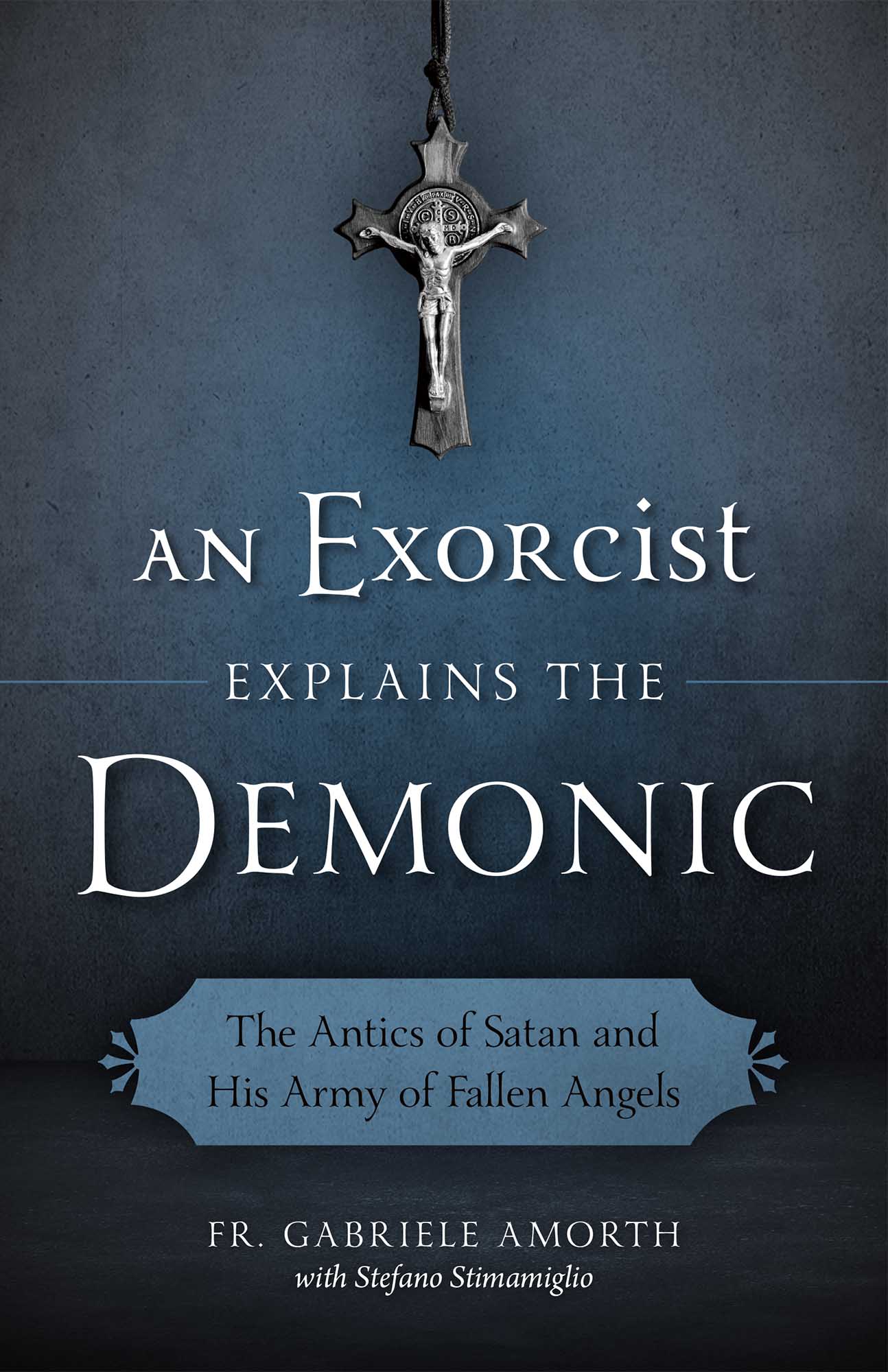God, in His infinite power, created multitudes of angels, an impressive, incalculable number. Psalm 146 says that God knows the stars one by one and calls them by name. The same thing can be said of the angels: God knows them one by one. One day during an exorcism Father Candido Amantini — a Passionist priest and my great teacher — asked a demon: “How many are you?” The demon responded: “We are so many that if we were visible we would obscure the sun.” The demon on that occasion gave information that we have no reason to disbelieve because it is confirmed in the Bible.
God created the angels as extremely intelligent beings, with knowledge immensely superior to man’s; and He predestined them to paradise, to eternal beatitude. Paradise, then, is not a passive and static contemplation of God. God Himself created everything in movement, both visible things — for example, the stars — and invisible things.
A great number of the angels fell because they rebelled against God. We recall that before admitting the angels to paradise, God subjected them to a trial of obedience and humility, of which we know the nature but not the specifics. The sin of the fallen angels was one of pride and disobedience. Satan, the most beautiful of all the angels, being aware of his extreme intelligence, rebelled at the idea of being subjected to someone. He forgot that he was a creature made by God. Many angels followed him in his folly of omnipotence and never turned back from their choice.
I note, incidentally, that this also happens with man, particularly in our day, when many appear to have forgotten God. The frenzy of omnipotence, of which men are often the victim in our times, seems to me precisely to reenter into this dramatic perspective of autonomy and complete self-referentiality.
Returning to our discourse: the original sins of the angels are the same as those who implicitly or explicitly adhere to Satanism. Angels and men who follow Satan base their existence on three principles and practical rules of life: you can do what you wish, that is, without subjugation to God’s laws; you obey no one; and you are the god of yourself.
+
This article is adapted from a chapter in An Exorcist Explain the Demonic by Fr. Gabriele Amorth which is available from Sophia Institute Press.
Art for this post on Exorcisms: Cover and featured image used with permission.





